
For decades, eggs have been unfairly blamed, even “beaten up,” for their assumed role in elevating cholesterol levels and contributing to cardiovascular disease. This beloved breakfast staple, a quick and versatile source of nutrition for millions, has long carried a heavy burden of dietary guilt. Conflicting headlines have swirled, leaving many of us scratching our heads, wondering whether to embrace or avoid the humble egg.
But a groundbreaking shift is underway in the scientific and nutritional communities, delivering what some are calling “hard-boiled evidence” in defense of the egg. Researchers are now definitively showing that it’s not the dietary cholesterol found in eggs that we need to worry about. Instead, the real heart health concern lies squarely with the saturated fat in our diets.
Prepare to embark on an enlightening journey through the latest research, expert insights, and practical advice that will reshape your understanding of eggs, cholesterol, and true heart-healthy eating. We’re about to crack open the truth and reveal what truly impacts your cardiovascular health, empowering you to make informed dietary choices with confidence and clarity.

1. **The End of a Long-Standing Myth: Reclaiming Eggs’ Reputation**
For far too long, eggs have been unjustly demonized in the dietary landscape, burdened by outdated advice that linked their cholesterol content directly to increased blood cholesterol and, subsequently, heart disease risk. This widespread concern prompted a significant shift in eating habits, even leading to a surge in egg white-only recipes, as people desperately tried to sidestep the perceived dangers of the yolk. It was a period marked by confusion and unnecessary restriction around a perfectly nutritious food.
However, the tide has definitively turned, and the nutritional community has “largely started to change its tune” regarding eggs. This evolving understanding stems from a deeper dive into how the human body metabolizes dietary cholesterol versus saturated fat. The previous simplistic equation, where eating cholesterol automatically meant higher blood cholesterol, has been proven to be a significant oversimplification. It’s truly a relief to see science catch up and finally clear the name of this accessible and beneficial food source.

2. **The UniSA Breakthrough Study: Unmasking the Real Culprit**
A monumental “world-first study” conducted by UniSA researchers, led by the distinguished Professor Jon Buckley, has provided the definitive scientific evidence needed to debunk the long-held myth about eggs and cholesterol. This rigorous study meticulously examined the independent effects of both dietary cholesterol and saturated fat on LDL cholesterol, often dubbed the ‘bad’ kind. Their findings are nothing short of revolutionary for dietary guidelines and public health.
The research revealed a truly surprising outcome: consuming two eggs a day, specifically as part of a high-cholesterol but low-saturated fat diet, can actually lead to a reduction in LDL levels and a lower risk of heart disease. As Professor Buckley emphatically states, “Instead, it was the saturated fat that was the real driver of cholesterol elevation.” This clear distinction fundamentally redefines what constitutes a heart-healthy diet, moving the focus away from a single nutrient like dietary cholesterol and towards the broader context of overall fat intake.
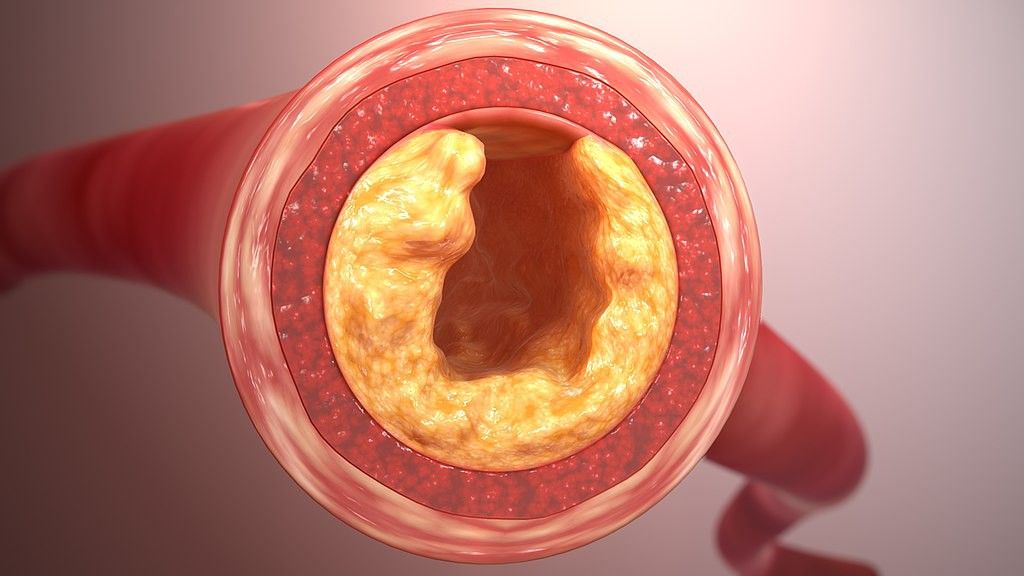
3. **Understanding LDL vs. Dietary Cholesterol: A Crucial Distinction**
To fully grasp the implications of this new research, it’s essential to clarify the difference between dietary cholesterol – the cholesterol we consume in foods like eggs – and LDL cholesterol, the ‘bad’ cholesterol that circulates in our blood and is linked to cardiovascular disease risk. The UniSA study’s core finding is a game-changer: “high dietary cholesterol from eggs, when eaten as part of a low saturated fat diet, does not raise bad cholesterol levels.” This precise wording is critical, underscoring that the issue isn’t the presence of cholesterol in eggs, but rather the nutritional environment in which they are consumed.
Experts like Scott Keatley, RD, co-owner of Keatley Medical Nutrition Therapy, affirm this paradigm shift, noting that “Saturated fat has a stronger impact on LDL cholesterol than dietary cholesterol.” This is not merely a new hypothesis but a conclusion, “backed by multiple meta-analyses and guidelines have been shifting away from blaming eggs alone and more toward the dietary context in which eggs are eaten.” This emphasis on context is paramount, reminding us that no single food exists in isolation within our overall diet.
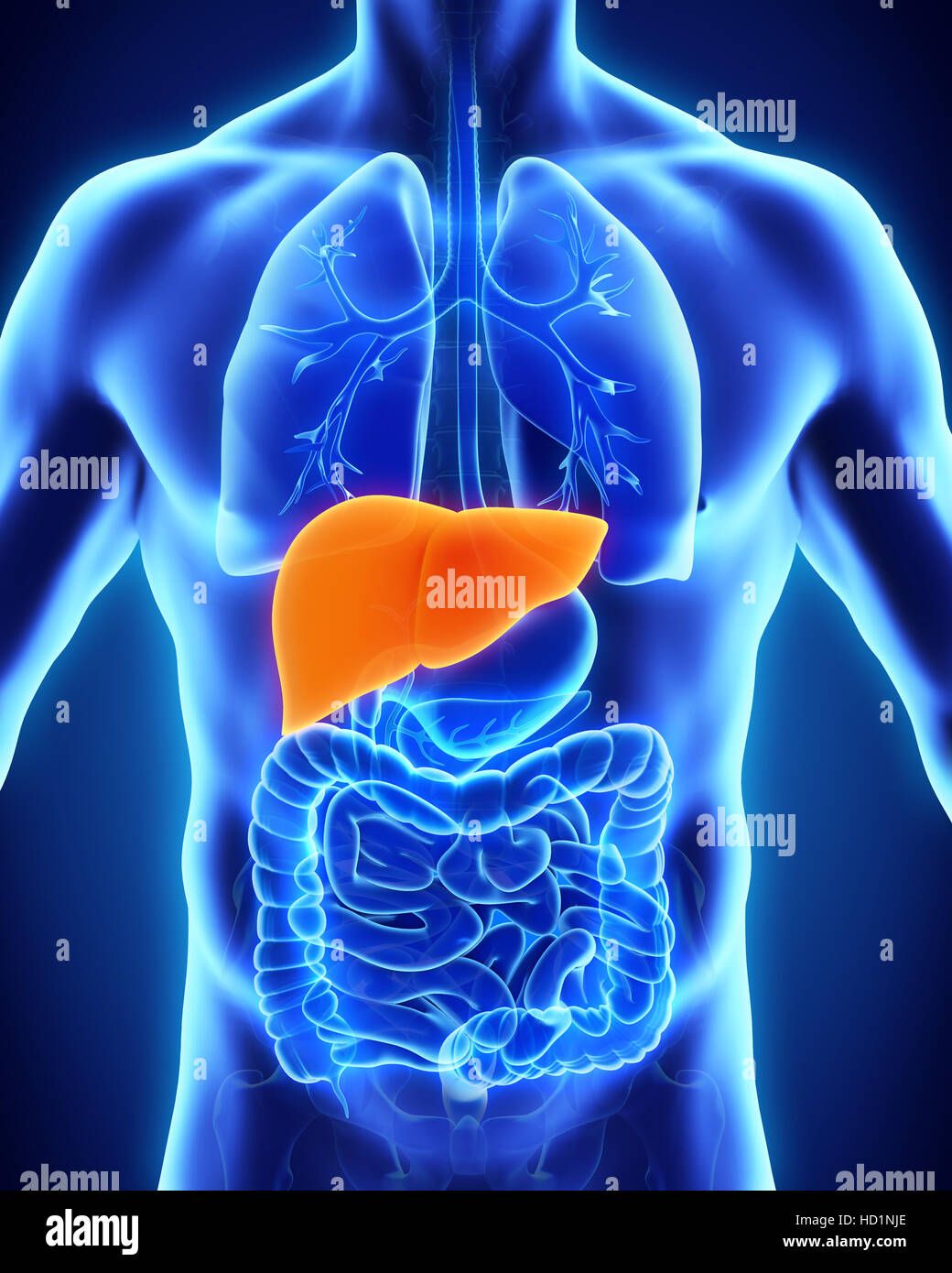
4. **The Liver’s Clever Compensation: A Masterclass in Regulation**
One of the most fascinating aspects of our body’s internal workings is its remarkable ability to maintain balance, even when it comes to something as vital as cholesterol. Sonya Angelone, RDN, a nutritionist and registered dietitian, illuminates this intricate process: “Cholesterol is an essential nutrient that has many roles, including functioning as a precursor to hormones and contributing to the integrity of cellular membranes.” This underscores that cholesterol is not inherently bad; it’s a necessary component for various bodily functions.
What’s truly remarkable is how our liver, the body’s primary cholesterol producer, adapts to our dietary intake. As Angelone explains, “If you eat less cholesterol, your liver tends to produce more cholesterol.” Conversely, when you consume more dietary cholesterol, your liver produces less to compensate. This intricate feedback loop means that for most healthy individuals, dietary cholesterol has a minimal impact on blood cholesterol levels. “Research has not provided strong evidence that dietary cholesterol, especially from eggs, increases blood levels of cholesterol or increases risk for heart disease,” she confirms, putting further nails in the coffin of the old egg myth.
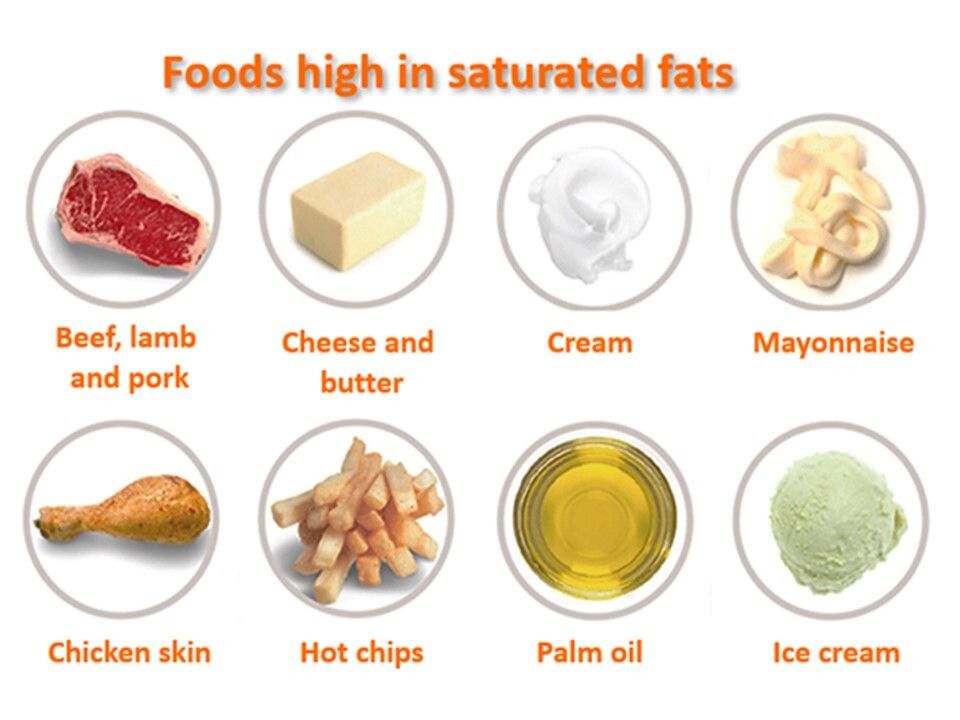
5. **The True Culprits: Saturated Fats and Their Impact on Health**
With eggs acquitted, the spotlight now firmly shines on saturated fats as the primary dietary component that significantly influences ‘bad’ LDL cholesterol levels. Matthew Black, RDN, LD, a dietitian at The Ohio State University Wexner Medical Center, unequivocally states, “Current research suggests that saturated fat is the primary component in one’s diet that raises ‘bad’ LDL cholesterol.” This finding is crucial because it redirects our attention to the foods that genuinely pose a risk to cardiovascular health.
Furthermore, the negative effects of saturated fats extend beyond just cholesterol. Black adds that “Additional research also indicates that diets too high in saturated fats can contribute towards developing cellular inflammation and insulin resistance.” Insulin resistance, a metabolic condition where cells don’t respond efficiently to insulin, can lead to serious health problems like type 2 diabetes and difficulties with weight management. Sonya Angelone also points out that saturated fats “tend to be found in highly processed foods,” which are themselves notorious for raising LDL cholesterol. This paints a comprehensive picture of why saturated fat intake is a more pressing concern than dietary cholesterol from eggs.
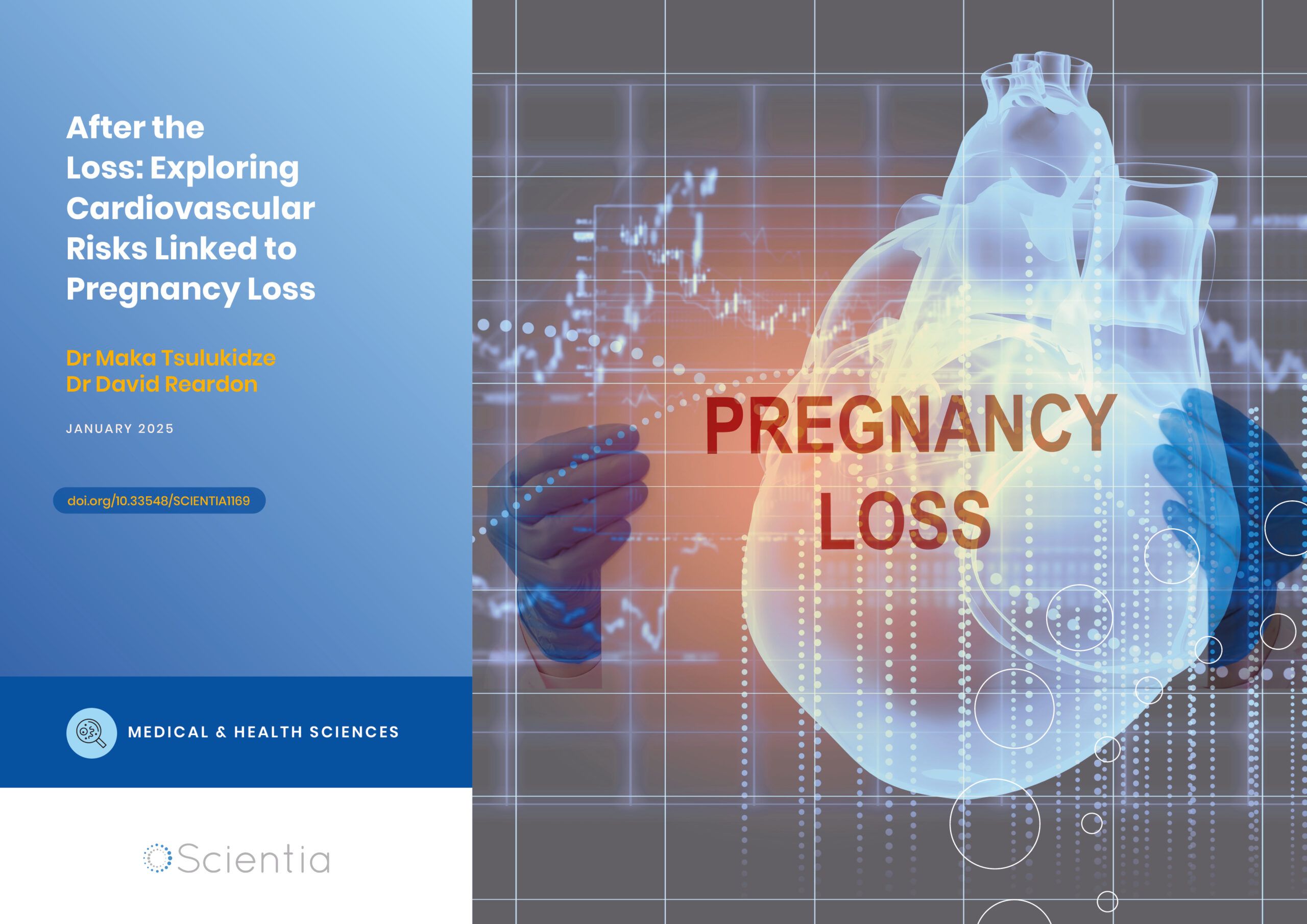
6. **Cardiovascular Disease: A Global Challenge and the Research’s Impact**
The importance of this new research cannot be overstated, especially when viewed against the stark backdrop of global health statistics. Cardiovascular disease (CVD) remains an alarmingly prevalent and devastating health crisis, responsible for nearly 18 million deaths worldwide each year. In Australia, for instance, a person succumbs to CVD every 12 minutes, making it responsible for a staggering one in four deaths nationwide. These figures highlight the urgent need for accurate and evidence-based dietary guidance to combat this leading cause of mortality.
The UniSA study, alongside confirmatory research, offers a clear path forward. By demonstrating that consuming two eggs daily as part of a low-saturated fat diet can lower LDL concentrations, the findings provide actionable insights for reducing CVD risk. Professor Buckley’s observation that “So, when it comes to a cooked breakfast, it’s not the eggs you need to worry about – it’s the extra serve of bacon or the side of sausage that’s more likely to impact your heart health” is a powerful summary. It redirects our focus from a nutrient that has been unfairly maligned to the true dietary elements that demand our attention for better heart health outcomes globally.
Now that we’ve cracked open the truth about eggs and cholesterol, it’s time to explore the incredible benefits these nutritional powerhouses offer and, crucially, how to incorporate them into a truly heart-healthy lifestyle. The science is clear: eggs are not the enemy. In fact, they are a versatile and nutrient-dense food that can play a vital role in a balanced diet.
Prepare to dive deeper into their nutritional prowess, examine the latest research on fortified eggs, and learn practical strategies for maximizing their health benefits. This journey will equip you with the knowledge to confidently enjoy eggs while navigating the broader landscape of heart-healthy eating, ensuring your breakfast—and every meal—supports your well-being.

7. **The Nutritional Powerhouse: Why Eggs Are Good For You**
Eggs pack a significant health punch, going far beyond just their protein content. They are celebrated as a “complete protein,” meaning each egg, typically containing about 6.5 grams of protein, provides all nine essential amino acids that our bodies cannot produce on their own. Matthew Black, RDN, LD, a dietitian, emphasizes their “high bioavailability” due to their ease of digestibility and absorption, ensuring that the valuable nutrients are effectively utilized by the body. This makes them an incredibly efficient and accessible source of high-quality protein for almost anyone.
But the benefits don’t stop there. Whole eggs, encompassing both the yolk and the egg white, are brimming with a diverse array of essential vitamins and minerals crucial for overall health. Black notes the presence of vital fat-soluble vitamins such as A, D, E, and K, alongside important minerals like B12, iron, and selenium. Sonya Angelone, RDN, a nutritionist and registered dietitian, further highlights that the yolks are particularly rich in iron and contain beneficial carotenoids like lutein and zeaxanthin, which are well-known for promoting optimal eye health.
Beyond these foundational nutrients, eggs also serve as an excellent source of choline. Angelone explains that choline is a critical nutrient supporting brain health, a particularly noteworthy point given that it isn’t found in substantial amounts in many other common foods. This makes eggs a unique and valuable addition to any diet focused on supporting cognitive function and overall well-being. Coupled with their versatility and affordability, it’s clear why eggs are increasingly recognized as a true nutritional powerhouse.

8. **Fortified Eggs: An Enhanced Nutritional Profile**
In the evolving landscape of nutritional science, “fortified eggs” represent an exciting advancement, offering an even more robust nutritional profile. These aren’t just your standard eggs; they are enriched with specific vitamins and minerals, designed to deliver a more comprehensive health benefit. This fortification process aims to address common nutrient deficiencies and further enhance the inherent goodness of eggs, making them an even more valuable dietary component, especially for populations seeking to optimize their nutrient intake.
What makes fortified eggs stand out? Dr. Nina Nouhravesh, a research fellow at the Duke Clinical Research Institute, points out that they “contain less saturated fat and additional vitamins and minerals” compared to conventional eggs. Specifically, fortified eggs are often enriched with iodine, a crucial mineral for thyroid function, and an extended range of B vitamins, including B2, B5, and B12, vital for energy metabolism and nervous system health. They also frequently boast higher levels of vitamin D, essential for bone health and immune function, and selenium, an important antioxidant.
Perhaps one of the most significant enhancements in fortified eggs is their increased content of omega-3 fatty acids. These healthy fats are well-regarded for their anti-inflammatory properties and their role in supporting heart and brain health. By incorporating these beneficial nutrients directly into the egg, fortified varieties offer an accessible way for individuals to boost their intake of critical compounds that might otherwise be lacking in their diet. This innovation represents a forward-thinking approach to food science, optimizing a staple food for broader health benefits.

9. **The PROSPERITY Trial: New Evidence on Fortified Eggs**
To rigorously assess the impact of these nutritionally enhanced eggs, researchers embarked on the PROSPERITY trial, a prospective, controlled study that specifically investigated fortified eggs’ effects on cardiovascular health markers. This trial, presented at the American College of Cardiology’s Annual Scientific Session, aimed to provide concrete, evidence-based insights into whether a regular intake of fortified eggs could genuinely influence cholesterol levels and other indicators of heart health, particularly in a high-risk population.
The study enrolled a total of 140 patients, all aged 50 or older, with an average age of 66, and notably, half were female and 27% identified as Black. Critically, all participants had either experienced a prior cardiovascular event or possessed at least two cardiovascular risk factors, such as high blood pressure, high cholesterol, increased BMI, or diabetes. Participants were randomly assigned to one of two groups: one instructed to eat 12 or more fortified eggs per week, cooked in any manner they chose, and the other to consume fewer than two eggs of any kind per week.
After a four-month study period, the co-primary endpoint focused on changes in HDL-cholesterol (the ‘good’ cholesterol) and LDL-cholesterol (the ‘bad’ cholesterol). The results offered significant reassurance: cholesterol levels were similar between the group consuming fortified eggs most days of the week and the non-egg diet group. Specifically, a -0.64 mg/dL reduction in HDL-cholesterol and a -3.14 mg/dL reduction in LDL-cholesterol were observed in the fortified egg group. While these differences were not statistically significant, the researchers concluded that “eating 12 fortified eggs each week had no adverse effect on blood cholesterol,” even in this high-risk population. This finding provides crucial evidence debunking lingering concerns about eggs and cholesterol, reinforcing their safety.
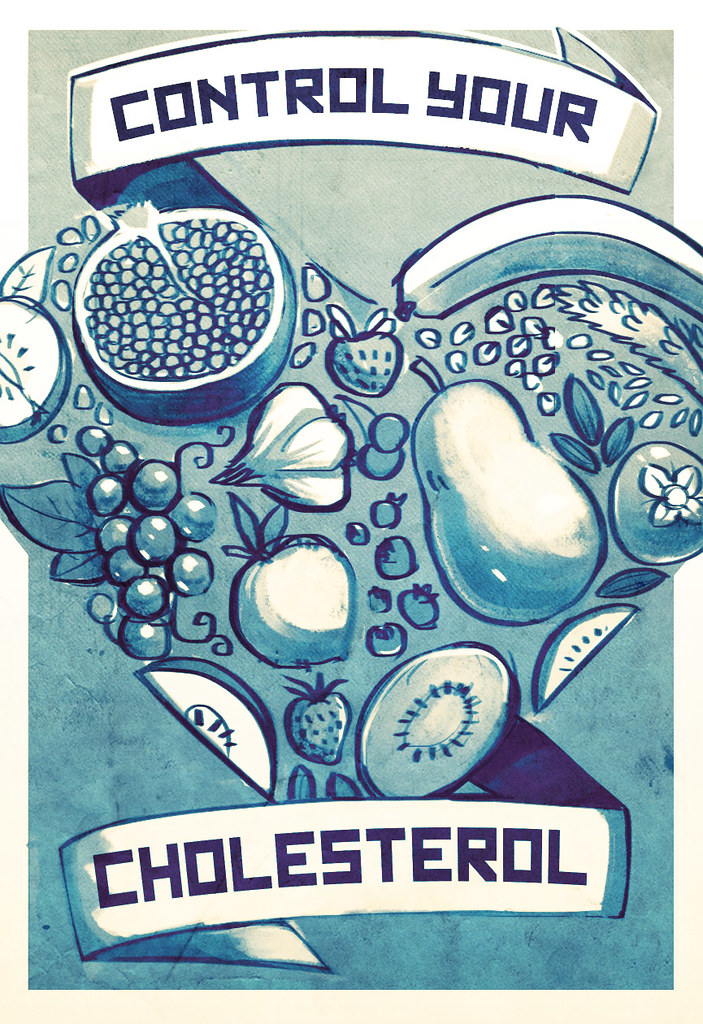
10. **Beyond Cholesterol: Additional Insights from the PROSPERITY Trial**
While the PROSPERITY trial’s primary focus was on cholesterol, its secondary endpoints yielded additional, intriguing signals about the potential broader benefits of fortified egg consumption. Researchers meticulously assessed various lipid, cardiometabolic, and inflammatory biomarkers, offering a more holistic view of cardiovascular health. These exploratory findings, while requiring further investigation in larger studies, point towards a promising direction for dietary science and personalized nutrition.
In the fortified egg group, researchers observed numerical reductions in several key markers. This included a decrease in total cholesterol, a reduction in LDL particle number, and a numerical drop in apoB, another significant lipid biomarker. Furthermore, there was an observed decrease in high-sensitivity troponin, a marker indicative of heart damage, and improvements in insulin resistance scores. Simultaneously, levels of vitamin B, crucial for metabolic processes, showed an increase, underscoring the comprehensive nutritional impact of these enhanced eggs.
Dr. Nouhravesh characterized the study as “neutral” regarding its primary endpoints but highlighted that “there were signals of potential benefits of eating fortified eggs that warrant further investigation in larger studies as they are more hypothesis-generating here.” Notably, subgroup analyses hinted at numerical increases in HDL cholesterol and reductions in LDL cholesterol, specifically in patients aged 65 years or older and those with diabetes in the fortified egg group. This suggests that fortified eggs might offer particular advantages for vulnerable populations, a hypothesis that Dr. Robert Mentz, associate professor at Duke University School of Medicine, and his team are eager to explore further through larger, longer-term studies focused on clinical outcomes.

11. **The “Context is Everything” Mantra: How to Eat Eggs Healthily**
With the scientific community increasingly clearing eggs of their long-standing cholesterol charges, a new, crucial understanding has emerged: the true impact on your health isn’t just about the egg itself, but about the “dietary context in which eggs are eaten.” This powerful mantra, echoed by experts like Scott Keatley, RD, and Sonya Angelone, RDN, emphasizes that no food exists in isolation within our overall diet. It’s a shift from demonizing single ingredients to embracing a holistic view of eating patterns.
Dietitians universally recommend being mindful of what typically accompanies those delicious eggs on your plate. Angelone succinctly states, “The risk for heart disease comes mainly from the other foods on the breakfast plate, like sausage or bacon.” These processed meats, along with buttered toast, are frequently high in saturated fats, which are the real drivers of elevated ‘bad’ LDL cholesterol, as confirmed by both the UniSA study and Matthew Black, RDN, LD. Therefore, enjoying eggs as part of a low-saturated fat diet is key to harnessing their health benefits without unintended consequences.
Holistic nutritionist Robin DeCicco reinforces this, advising that “eating two to three eggs with vegetables and fruit is a nutritious breakfast full of protein, fiber, and healthy fat that will provide long-lasting fuel.” Professor Jon Buckley of UniSA also provides a practical tip: “If you are going out for a cooked breakfast of bacon and eggs, consider swapping out some of the bacon or sausage for more eggs.” This simple swap can significantly improve the heart-health profile of your meal, ensuring that you’re focusing on the right dietary culprits for better cardiovascular well-being.

12. **Looking Ahead: The Future of Eggs in a Heart-Healthy Diet**
The recent wave of research, culminating in studies like UniSA’s and the PROSPERITY trial, marks a definitive turning point for eggs in dietary science. The U.S. Food and Drug Administration (FDA) has already taken a significant step, issuing an advisory in December 2024 that officially deemed eggs “healthy.” This important milestone “closes the door on decades of debate” and definitively “reinforces their standing as a powerhouse of nutrition,” providing clear guidance to consumers who have long been confused by conflicting information.
Beyond individual health, the implications of this renewed understanding of eggs extend to broader public health and food access. Robert Mentz, M.D., highlights the importance of investigating accessible and less time-limited foods, especially for socially disadvantaged individuals who may have limited access to fresh produce. Fortified eggs, which can be safely stored in the refrigerator for longer periods, present a compelling opportunity to address nutritional disparities and promote better health outcomes across communities, leveraging common foods as “medicine.”
This exciting era of food science is increasingly applying the same rigor seen in medication trials to dietary research, allowing for a deeper and more nuanced understanding of how specific foods impact our health. As more evidence accumulates, the advice around eggs continues to solidify: they are a nutritious, beneficial food that can be confidently included in a heart-healthy diet, provided they are consumed as part of an overall eating pattern that is mindful of saturated fat intake. The future for the humble egg, it seems, is brighter and healthier than ever before.



